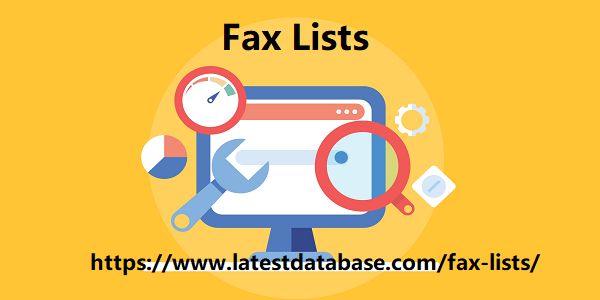Post by account_disabled on Mar 6, 2024 23:28:06 GMT -7
Downloading company documents to the personal cloud does not justify disciplinary dismissal The Superior Court of Justice of Madrid ratifies the inadmissibility of the dismissal of a worker since it was not proven that he shared confidential information with a friend from the competition (Photo: E&J) The Superior Court of Justice of Madrid has ratified the inadmissibility of the disciplinary dismissal of a worker who met through the Teams corporate account with a competitor of the company where he worked and who had several private documents of the company stored in his personal cloud. employer.
The Chamber has shared the reasoning in the appealed court ruling, stating that the worker had not breached his company's confidentiality agreement nor had he committed a violation of contractual good faith or abuse of trust , since the meetings held between the actor and another person who provided Fax Lists services for a competing company were due to a personal and friendly relationship, and not of a professional nature . Likewise, the downloading of documents in the actor's private cloud was not intended to divert private documents from the company but as a result of having been shared by other people with the actor, when he received the email informing him that a certain file has been shared with him and when opening the corresponding link, the file is automatically archived in the plaintiff's cloud.

The company alleged that the worker had breached the confidentiality agreement The plaintiff provided services for the defendant employer as Corporate Director of the Planning Area, having been informed at the time of the contract about the security policy on the use of computer tools and the company's institutional policy on information security. He also received a copy of the Code of Ethics, the Security Policy on Internet use and the Letter of Commitment of the Institutional Policy on Information Security and Use of Computer Tools. Likewise, the actor signed a confidentiality agreement. The defendant company gave the plaintiff an iPhone mobile phone, an iPad Pro and a laptop computer for his work.
The Chamber has shared the reasoning in the appealed court ruling, stating that the worker had not breached his company's confidentiality agreement nor had he committed a violation of contractual good faith or abuse of trust , since the meetings held between the actor and another person who provided Fax Lists services for a competing company were due to a personal and friendly relationship, and not of a professional nature . Likewise, the downloading of documents in the actor's private cloud was not intended to divert private documents from the company but as a result of having been shared by other people with the actor, when he received the email informing him that a certain file has been shared with him and when opening the corresponding link, the file is automatically archived in the plaintiff's cloud.

The company alleged that the worker had breached the confidentiality agreement The plaintiff provided services for the defendant employer as Corporate Director of the Planning Area, having been informed at the time of the contract about the security policy on the use of computer tools and the company's institutional policy on information security. He also received a copy of the Code of Ethics, the Security Policy on Internet use and the Letter of Commitment of the Institutional Policy on Information Security and Use of Computer Tools. Likewise, the actor signed a confidentiality agreement. The defendant company gave the plaintiff an iPhone mobile phone, an iPad Pro and a laptop computer for his work.
